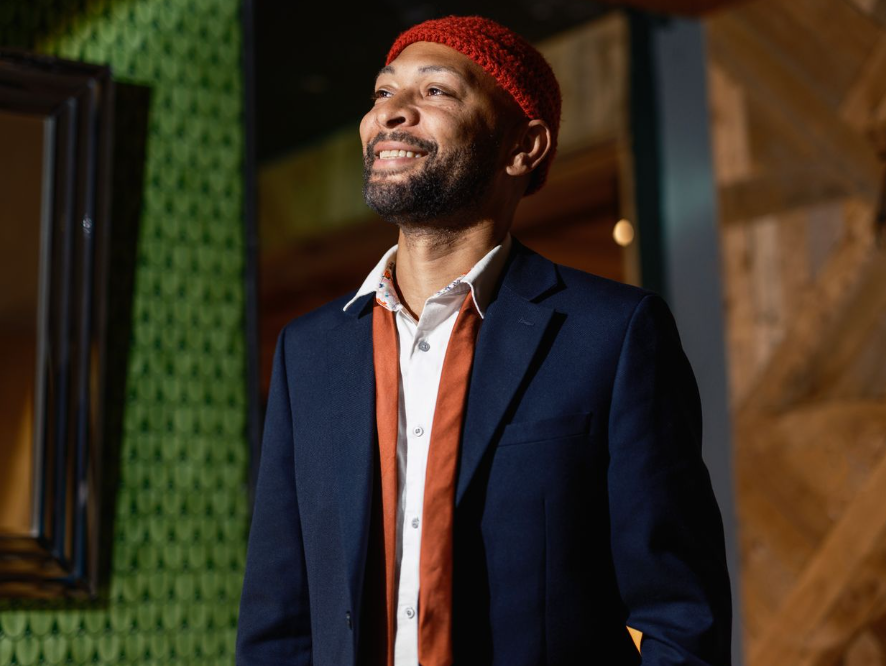Music
Bob Dylan’s First New Song in 8 Years Is About JFK and the Death of America
27 Mar, 20
Bob Dylan has released his first new song in eight years.
“Murder Most Foul” is a 17-minute tapestry of Americana history that is, as most things from Bob Dylan are, folkloric and reverent. Here, the object of Dylan’s horror and worship is John F. Kennedy’s death, which ties together countless references to everything from A Nightmare on Elm Street to “Moonlight Sonata” to Stevie Nicks and Ray Charles.
As violins and drums mutter in the background, Dylan laments America’s complex, largely mythological, often wicked history. His focal point is the 1960s and the fallout from JFK’s 1963 murder. He mentions Woodstock, the Age of Aquarius, and Altamont, the doomed California music festival that was invaded by Hell’s Angels and ended in bloody disaster.
Despite its focus on the mid-20th century, the song veers throughout time and across mediums. The title itself is a reference to Shakspeare’s Hamlet, and he specifically shouts out Lady Macbeth in one verse, then pivots to messages of sympathy for a woman whom we can safely assume is Jackie O.
Bob Dylan Revisits His Long, Twisted Relationship with John F. Kennedy
Dylan’s complex obsession with John F. Kennedy’s death goes far back in time. He apparently called JFK “fake” and a “pretender” and did not vote in the 1960 election. But in 1960, he told Rolling Stone, “I don’t know what people’s errors are: nobody’s perfect, for sure. But I thought Kennedy, both Kennedys – I just liked t hem. And I liked Martin Luther King. I thought those people who were blessed and touched, you know? The fact that they all went out with bullets doesn’t change nothin’. Because the good they do gets planted. And those seeds live on longer than that.”
Later, when asked about the assassination, he said, “Of course, I felt as rotten as everyone else. But if I was more sensitive about it than anyone else, I would have written a song about it, wouldn’t I? The whole thing about my reactions to the assassination is overplayed.”
He pivoted yet again thanks to an excess of alcohol. When accepting the Tom Paine Award from the National Emergency Civil Liberties Committee in 1963, allegedly “a drunken, rambling Dylan questioned the role of the committee, insulted its members as old and balding, and claimed to see something of himself (and of every man) in assassin Lee Harvey Oswald.”
“I’ll stand up and to get uncompromisable about it, which I have to be to be honest, I just got to be, as I got to admit that the man who shot President Kennedy, Lee Oswald, I don’t know exactly where—what he thought he was doing, but I got to admit honestly that I too—I saw some of myself in him,” said Dylan. “I don’t think it would have gone—I don’t think it could go that far. But I got to stand up and say I saw things that he felt, in me—not to go that far and shoot.”
Now he’s gone back on his word and returned to JFK nearly half a century later. “Murder Most Foul” is apocalyptic and brooding, and it can’t be an accident that Dylan released it in the midst of a pandemic. “What’s new pussycat? What’d I say? / I said the soul of a nation been torn away / And it’s beginning to go into a slow decay / And that it’s 36 hours past Judgment Day,” he drones, words that—like the best Dylan lyrics—seem to apply to anything and everything at once.
“Murder Most Foul” Questions America’s Motives and JFK’s Legacy
JFK’s rise represented a profound moment of all-American optimism, but to many radicals he was just another figurehead. Dylan’s confusion and rage at the government feels relevant today, especially because it was released the day after a controversial and resolutely non-populist stimulus package—which allots $500 billion to big businesses while giving a small one-time check to working people and nothing at all to hospitals—was announced.
Sometimes, in these pandemic days, it does feel like we’ve passed through some kind of long-feared cataclysm, and now we’re in the free-fall. John F. Kennedy’s assassination, like 9/11 and like COVID-19, was a moment that marked an entire cultural conscience and revealed the vulnerability of American ideals and the insubstantiality of all our great institutions, for better or worse.
But we still have music; that’s one thing that’s not going away. In the end, “Murder Most Foul” is just as much of an ode to music as it is an ode to the ephemera of the past.
Bob Dylan – Murder Most Foul (Official Audio)www.youtube.com
- Patti Smith Turns 73 – Popdust ›
- 7 Of the Best Anti-War Songs – Popdust ›
- Bob Dylan ›
- Instant Grammy Review: Mumford and Sons/Avett Brothers/Bob Dylan ›
- You Can’t Change My Mind: Bob Dylan is Overrated – Popdust ›
- Is Bob Dylan Really the 7th Best Singer of All Time? – Popdust ›
- Bob Dylan Claims “I’m Just Like Anne Frank” – Popdust ›













